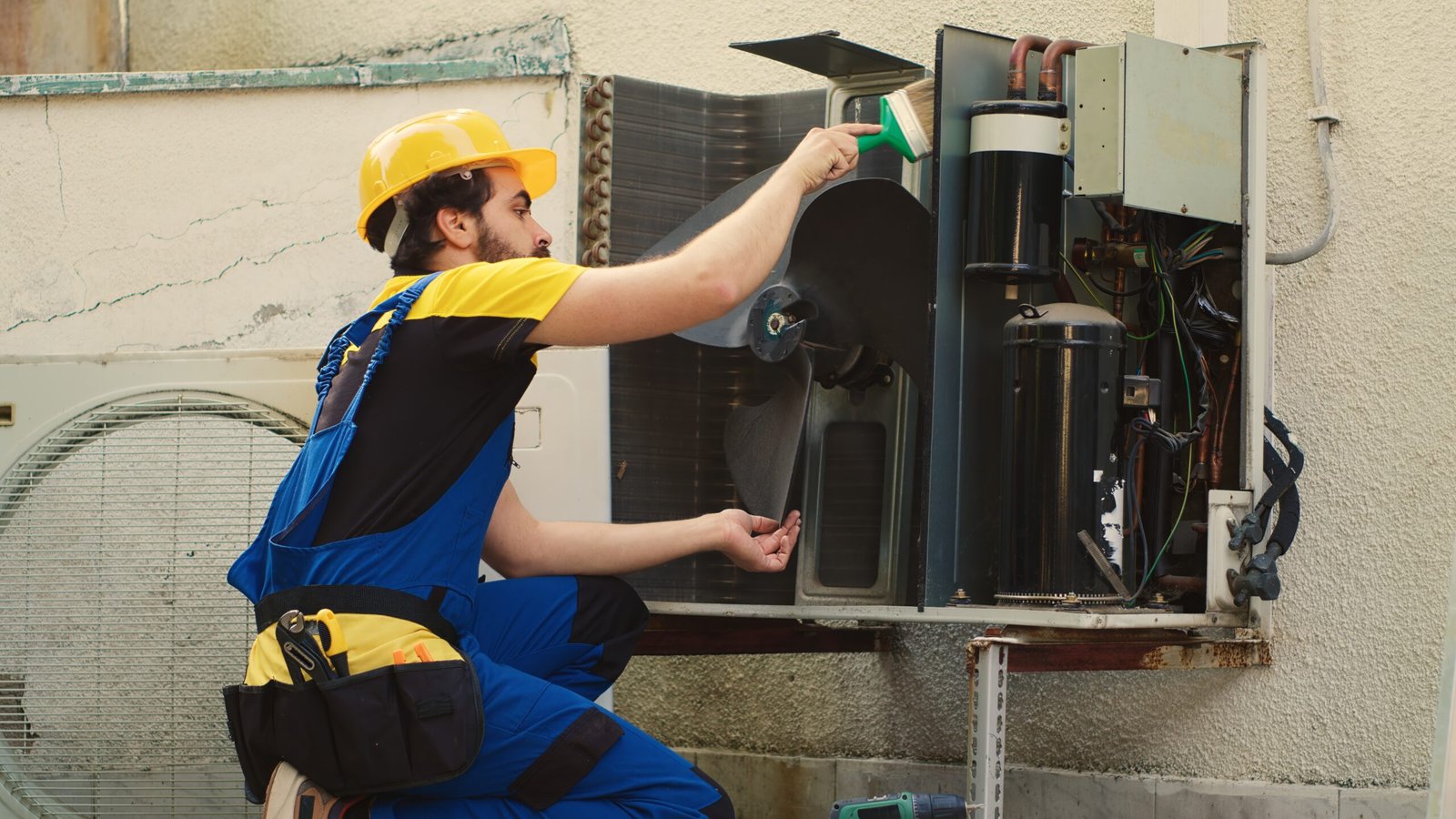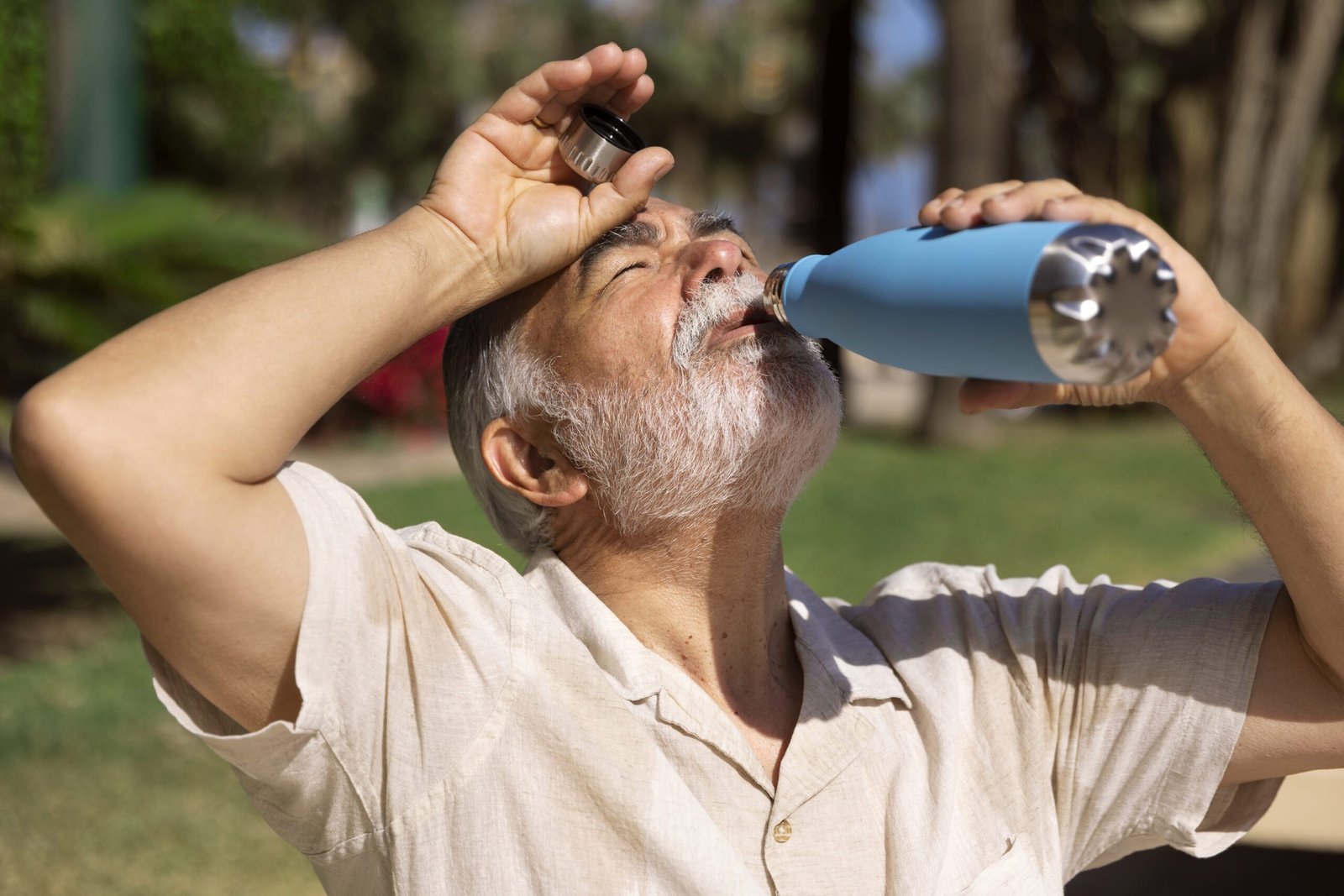Houston, Texas, known for its unpredictable weather patterns, often experiences storms, high humidity, and intense heat during certain times of the year. As residents and visitors navigate these conditions, it’s crucial to be prepared to ensure safety and wellbeing.
This comprehensive guide provides detailed information and strategies to help you stay safe and to Handling Storms, Humidity, and Heatwaves.
Understanding Houston’s Weather
Houston’s climate is characterized by hot and humid summers, mild winters, and frequent rainfall throughout the year. The city is susceptible to tropical storms and hurricanes due to its proximity to the Gulf of Mexico, making it imperative for residents to stay informed about weather forecasts and preparedness measures.
Climate Overview:
- Summers: Hot and humid, with temperatures often exceeding 90°F (32°C). High humidity levels can make the heat feel more intense, leading to discomfort and potential health risks.
- Winters: Generally mild, with occasional cold fronts bringing cooler temperatures. Rarely does the temperature drop below freezing.
- Rainfall: Frequent and can be heavy at times, contributing to the risk of flooding. Houston averages about 50 inches of rain annually.
- Storms: The hurricane season lasts from June to November, with the highest likelihood of tropical storms and hurricanes occurring between August and October.

Preparing for Storms and Hurricanes
Storms and hurricanes pose significant risks, including flooding, power outages, and property damage. Proper preparation can mitigate these risks.
Stay Informed:
- Weather Updates: Monitor local weather updates and alerts from reliable sources such as the National Weather Service (NWS) or local news channels.
- Weather Apps: Utilize weather apps that provide real-time alerts and updates. Consider setting up notifications for severe weather warnings.
Emergency Kit:
- Essentials: Prepare an emergency kit that includes non-perishable food, water, medications, first aid supplies, flashlights, batteries, and important documents (such as identification and insurance papers).
- Additional Items: Consider adding blankets, clothing, toiletries, and pet supplies if you have animals.
Secure Your Home:
- Fortifications: Ensure your home is fortified against strong winds and heavy rainfall. This includes installing storm shutters, reinforcing doors and windows, and securing the roof.
- Yard Maintenance: Trim trees and secure loose outdoor items like patio furniture and garden tools to prevent them from becoming projectiles during high winds.
Evacuation Plan:
- Route Planning: Know your evacuation routes and have a plan in place for where you will go if you need to leave your home.
- Communication: Establish a communication plan with family members to stay in touch during an emergency.
Coping with High Humidity
Houston’s humidity can be oppressive, especially during the summer months. High humidity levels can lead to discomfort and exacerbate health issues such as allergies and respiratory problems.
Indoor Environment:
- Dehumidifiers: Use dehumidifiers indoors to maintain a comfortable humidity level. Aim to keep indoor humidity below 60% to reduce the risk of mold and mildew.
- Ventilation: Ensure proper ventilation in your home, particularly in areas like the bathroom and kitchen where moisture tends to accumulate.
Clothing:
- Breathable Fabrics: Wear lightweight, breathable clothing made from natural fibers like cotton to allow for better air circulation.
- Layering: Dress in layers that can be easily removed as needed to stay comfortable.
Hydration:
- Water Intake: Stay hydrated by drinking plenty of water throughout the day. Avoid beverages that can dehydrate you, such as alcohol and caffeinated drinks.
Beating the Heat
The combination of high temperatures and humidity can lead to heat-related illnesses, such as heat exhaustion and heat stroke. Protect yourself and others by taking the following precautions:
Outdoor Activities
- Timing: Limit outdoor activities during peak heat hours, typically between 10 a.m. and 4 p.m.
- Shade: Seek shaded areas when spending time outside and take frequent breaks to cool down.
Sun Protection:
- Sunscreen: Use sunscreen with a high SPF to protect your skin from harmful UV rays. Reapply every two hours, or more frequently if you are sweating or swimming.
- Clothing: Wear protective clothing, including hats with wide brims and sunglasses to shield your eyes.
Cooling Strategies:
- Air Conditioning: Spend time in air-conditioned spaces, whether at home, in public buildings, or in shopping centers.
- Fans: Use fans to circulate air and create a cooling effect. Consider using a damp cloth or spray bottle with water to cool your skin.
Navigating Houston’s weather requires proactive preparation and awareness. By staying informed, preparing an emergency kit, and taking precautions against humidity and heat, residents can better safeguard themselves and their families.
Stay safe and prepared for Houston’s weather challenges. For more tips on weather readiness and local updates, follow our blog or contact us for personalized advice. Prioritize your safety and wellbeing, and remember that preparation is key to weathering Houston’s unpredictable climate.
By Emilio Mosquera





